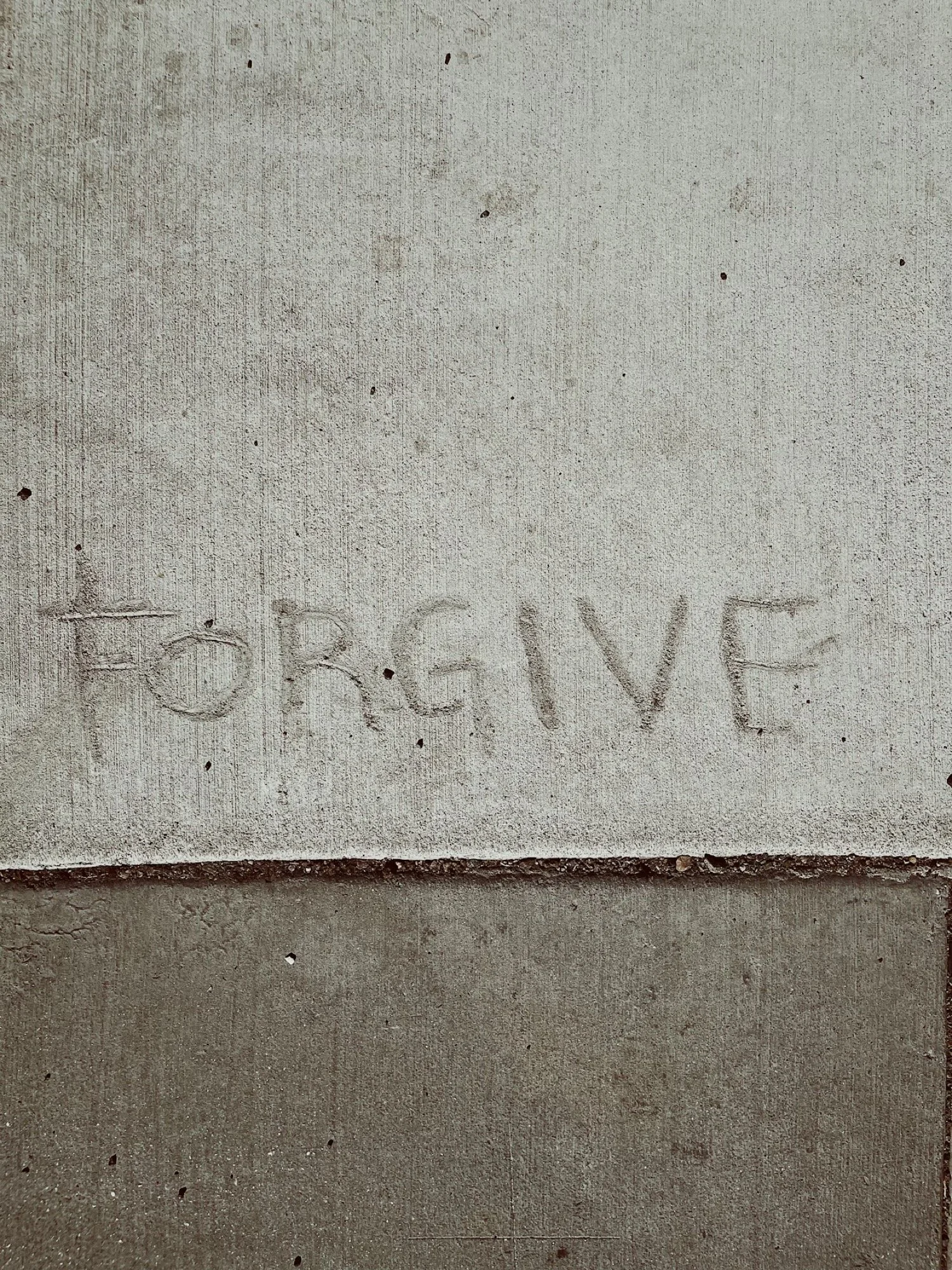Readings for today: Matthew 5-7, Luke 6:20-49, 11:1-13
“For if you love those who love you, what reward will you have? Don’t even the tax collectors do the same? And if you greet only your brothers and sisters, what are you doing out of the ordinary? Don’t even the Gentiles do the same? Be perfect, therefore, as your heavenly Father is perfect.” (Matthew 5:46-48 CSB)
This is one of Jesus’ most challenging and yet most pressing commands. We live in a divided world. We live in a divided nation. We live in divided communities. Many of us even live in divided families. People are divided along political and social lines. Family and tribal lines. Ideological and identity lines. These divisions are leading to all kinds of outbursts of anger and hatred and dehumanization and abuse. Some are even resorting to violence. It’s heartbreaking and soul-crushing on so many levels. In recent years, some have tried to justify their “tribalism” by suggesting it is appropriate to love those like you over those who are not like you. Love those who love you over those who hate you. Love your friends and not your enemies. Such justifications fall flat in the face of Jesus’ words today. Love your enemies. Love those who persecute you. Love those who hate you and attack you. Love them just as your Heavenly Father loves them. Bless them just as your Heavenly Father blesses them, causing the rain to fall on the righteous and unrighteous alike. It’s so easy to love those who love you. It takes so little effort to greet only those who you know already. Even the pagans who don’t know God are able to do that. But if you want to be perfect as your Heavenly Father is perfect, love like He loves. Love those who are not like you. Love those who are at odds with you. Love even those who are at war with you. That’s how God loves us and that’s how we become like God.
Can you imagine what would happen if Christians would seek to follow this command? Imagine the difference we could make if we had the courage to reach across the political aisle? Engage across the social spectrum? Embrace those who are not like us? Include those outside our family or tribe? Let go of our ideological purity tests and instead extend grace to those who may be different? Would we not shine like lights in the world? Would we not act like salt in the earth? Would we not reflect our Heavenly Father to the world? There is only one way to make this happen. We must be filled with the Holy Spirit. We must walk in step with the Holy Spirit. We must be led by the Holy Spirit. He alone can give us the strength and courage and wisdom it will take to love our enemies in a world that seeks to destroy them instead.
Readings for tomorrow: Matthew 8:5-13, 11:1-30, Luke 7




